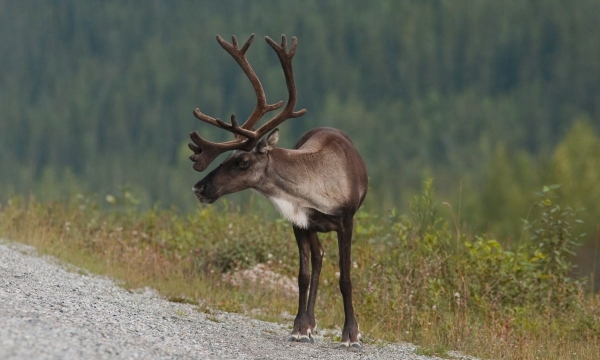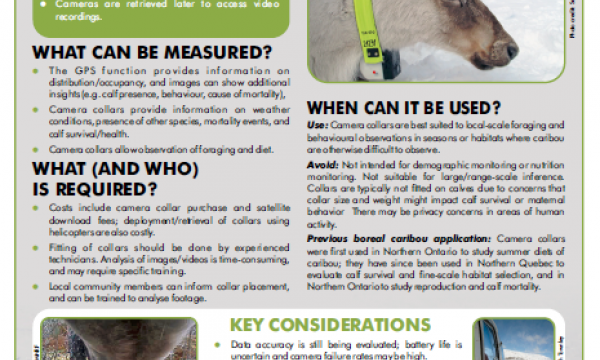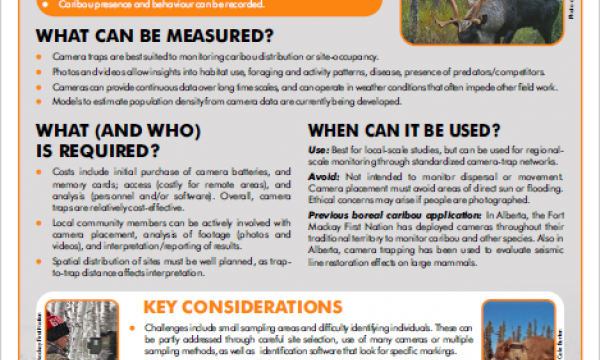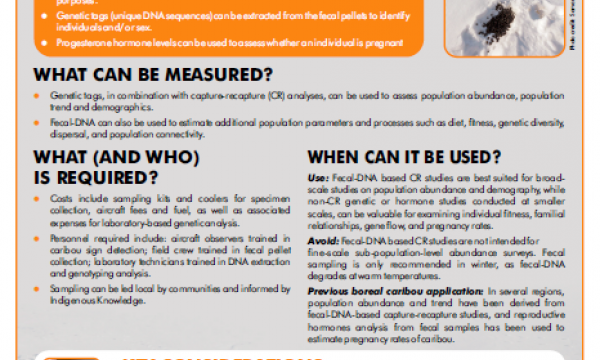Potential Impact of Restricted Caribou (Rangifer tarandus) Consumption on Anemia Prevalence Among Inuit Adults in Northern Canada
Resource
Abstract Background Caribou ( Rangifer tarandus) is the top dietary source of iron and several micronutrients necessary for red blood cell production (erythropoiesis) in the contemporary diet of Inuit...






